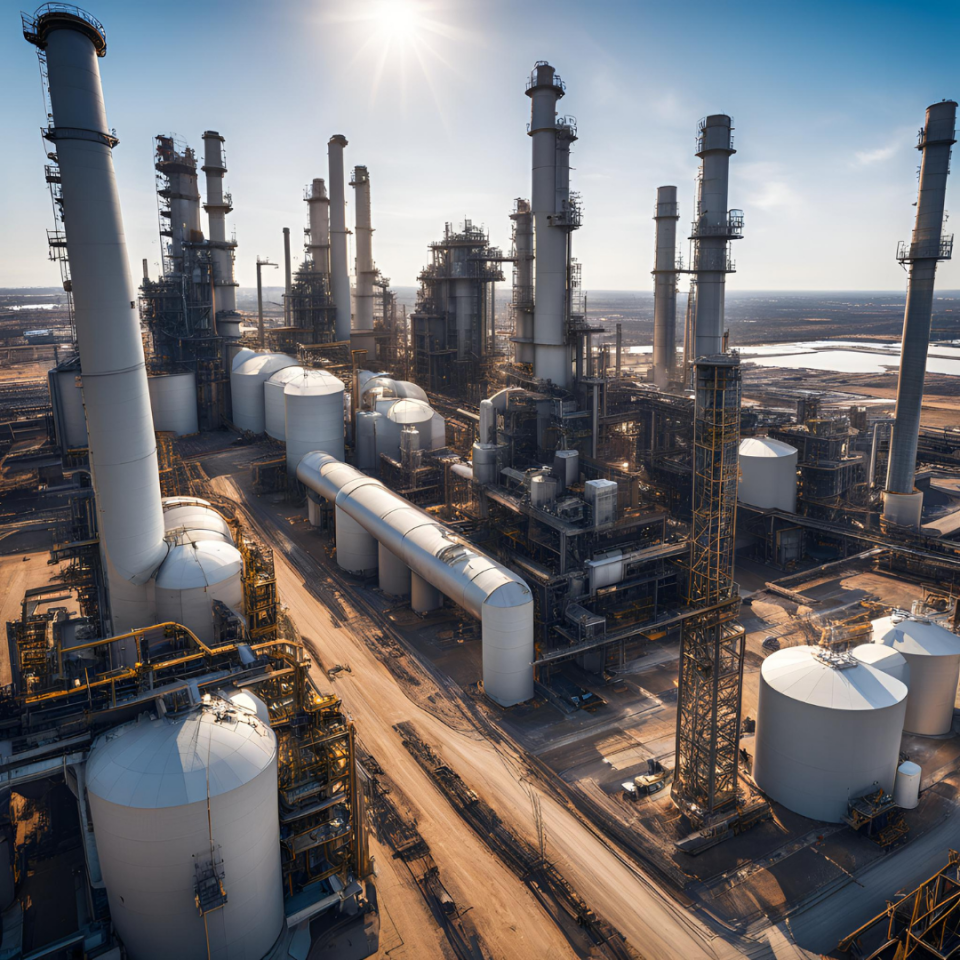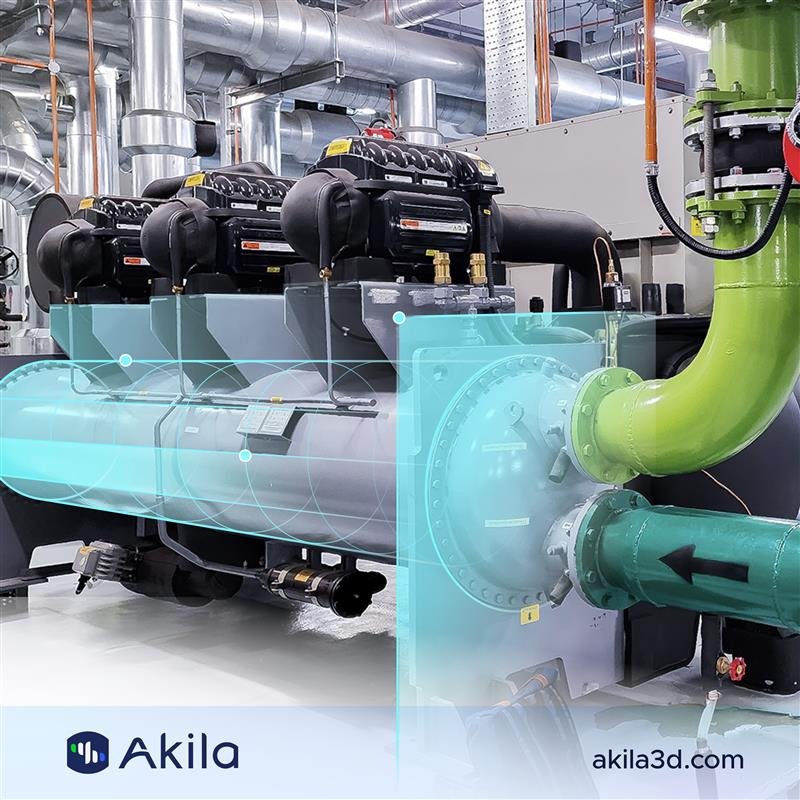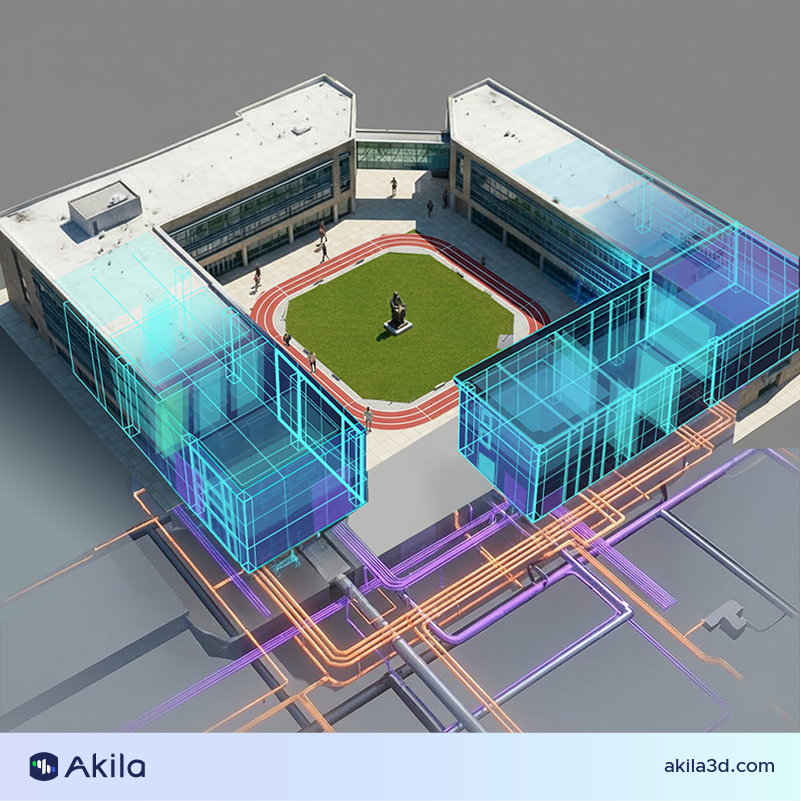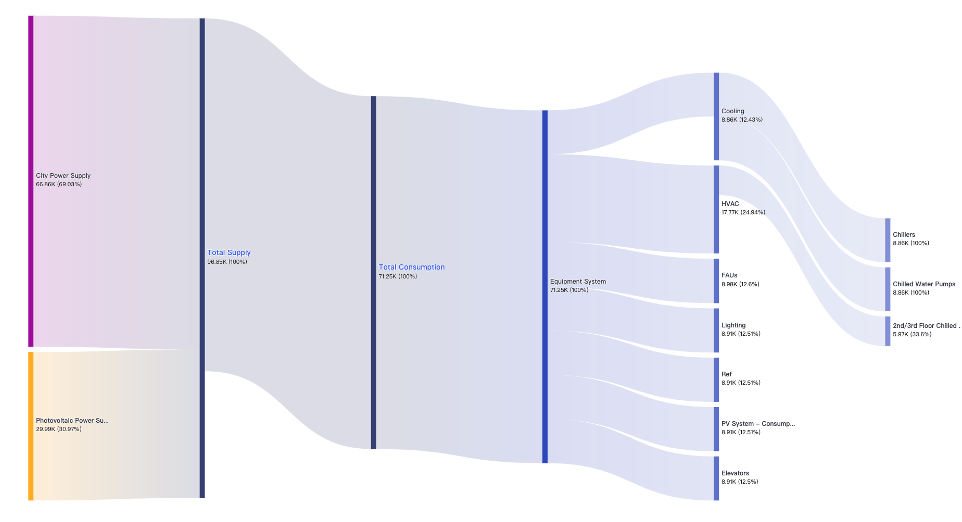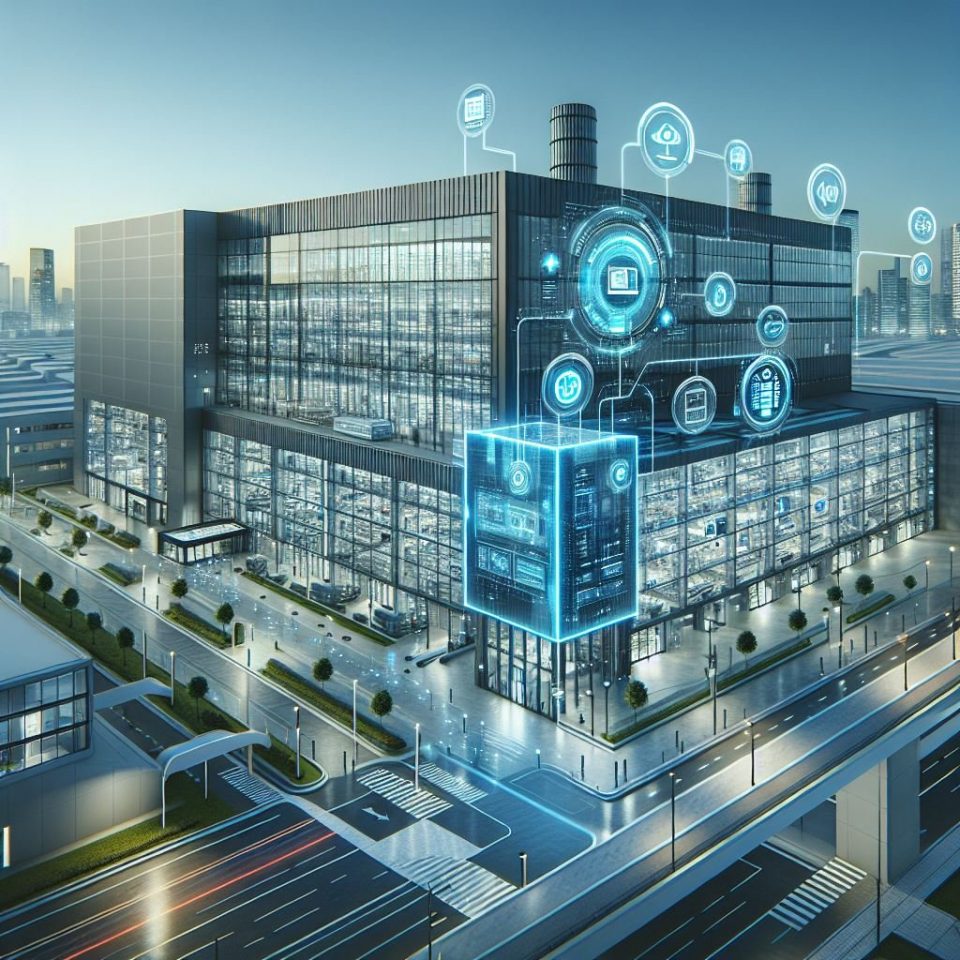
Heavy industry is a key of the global economy, but it is also a major contributor to carbon emissions: its direct CO2 emissions amount is around 6 billion tonnes per year, meaning more than one-sixth of total CO2 emissions from the global energy system. The pressure for heavy industry to decarbonize and adopt more sustainable practices has become an emergency, not only for regulatory necessities, but also because it represents an opportunity to enhance their operational efficiency and reduce their costs.
Known to be one of the most challenging industries to decarbonize, heavy industry has been unsuccessful to lower their carbon emissions efficiently. In this context, Artificial Intelligence (AI) has become a game-changing tool in the move towards decarbonization and represents a promising way towards sustainability.
New AI-driven solutions can allow the industry to rethink their way of working by helping optimize energy consumption, improve predictive maintenance, but also to significantly reduce carbon footprints.
One of the main uses of AI is for predictive maintenance, where AI monitors the health of industrial assets in real time, detecting potential issues early and allowing for proactive repairs. In this case, AI could prevent unexpected breakdowns, reduces downtime, and minimizes energy waste caused by inefficient or faulty equipment.
AI can also play a significant role in energy consumption optimization: by analyzing vast amounts of data from operations, AI algorithms can identify real-time efficiency opportunities, enabling companies to fine-tune their energy use, reducing unnecessary consumption and associated emissions.
AI-driven solutions for reducing emissions
Artificial Intelligence (AI) is revolutionizing all industries by offering new and more efficient ways to work.
In heavy industry, AI has the potential to help with the decarbonization challenge: it offers new innovative solutions to tackle it, by reducing emissions in the industry while still allowing to optimize operations and cut energy waste at the same time:
Predictive maintenance:
AI can play an important role in monitoring equipment’s health: with the help of sensors and data, AI can predict when an asset is most likely to stop working or become less efficient. This proactive approach prevents energy waste by ensuring systems are operating efficiently and avoiding unplanned downtime. In the case of heavy industry, which relies on complex systems, AI can help optimize the maintenance schedule of equipment and ensure they perform at their best.
Energy consumption optimization:
By analyzing real-time energy usage patterns of equipment, AI can identify inefficiencies or opportunities to minimize waste. Unlike human controlled systems, AI continuously learns and adapts, not only it can recommend adjustments for heating, cooling or material handling, but it can also ensure that the energy usage is optimal according to the needs of a facility and therefore contributes to emissions reductions.
Supply chain emission reduction:
AI can also help optimize logistics by improving route planning or even selecting the most efficient transportation modes reducing fuel consumption in the transportation of materials. Additionally, AI can help companies source more sustainable materials and improve supply chain transparency, identifying emission hotspots and enabling better decision-making to reduce their overall carbon footprint.
Akila’s AI-driven platform
Akila’s AI-powered platform, combined with IoT, offers heavy industries a comprehensive solution for reducing emissions and optimizing energy consumption through digital twin technology.
Real-time monitoring:
With the help of IoT sensors, Akila can continuously track emissions in real-time but also your energy usage. This allows companies to quickly identify issues and address them, such as equipment underperformance, but also to reduce their CO2 emissions.
Data-driven insights:
Akila’s platform analyzes vast amounts of operational data to uncover inefficiencies and suggest optimizations. By analyzing energy use, the platform can recommend adjustments, like improving heating and cooling systems, improving operational efficiency of companies.
Predictive forecasting:
By using AI to predict future energy needs, Akila can anticipate and manage demand more efficiently. But this proactive approach mainly helps prevent energy waste and reduces the strain on equipment, further cutting emissions with the use of the digital twin technology.
Challenges and future outlook
If AI’s future in heavy industry and to help for decarbonization is bright, its adoption can face barriers: as we know, legacy systems often lack compatibility with modern AI solutions, making upgrades more expensive and harder to implement.
With the crucial need for heavy industry to meet sustainability goals, AI seem to become a solution in driving green innovations as it could accelerate industries’ decarbonization efforts while still improving its operational efficiency.
However, the investment required for AI driven solution to be implemented could allow organizations to make substantial cost savings and significant environmental impact makes it a necessary step toward a sustainable future. By embracing AI, heavy industry can not only meet its sustainability goals but also pave the way for a greener, more efficient tomorrow.
AI’s potential to help with decarbonization goes beyond heavy industry: combined with other sectors, such as the construction or building management. By integrating AI across those different industries, it opens new ways to decarbonization and sustainability. Learn more about AI’s role with Akila in the building lifecycle here.